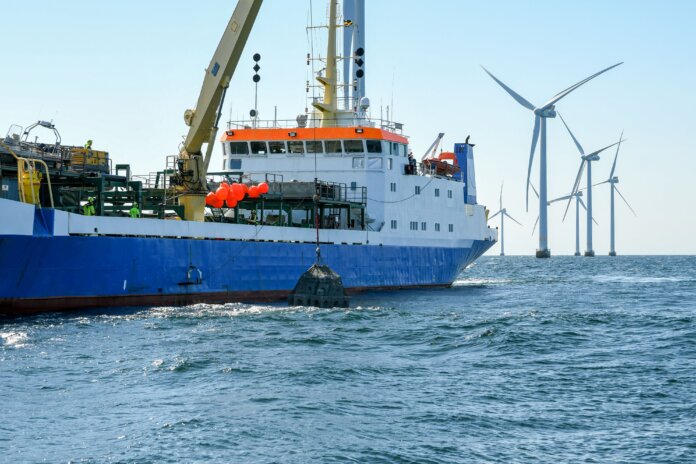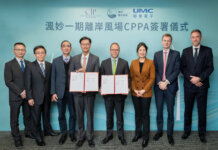RWE is investigating how artificial reefs at offshore wind farms in the Baltic Sea can affect the marine ecosystem and whether they can create an attractive marine habitat, particularly for blue mussels, algae and fish species.
In partnership with Linnaeus University and cable service provider Baltic Offshore Kalmar, the company is conducting a pilot study in the Swedish Baltic Sea, which has entered its practical phase with the installation of artificial reefs at RWE’s 48 MW, 16-turbine Kårehamn wind farm, 7 km off the Swedish coast.
For the study, 180 carbon-neutral reef cubes have been deployed on the seabed to assess how marine life is settling there. The reef cubes were designed and manufactured by ARC Marine
“As a global leading offshore player, we are responsible for operating wind farms in harmony with nature,” says Sven Utermöhlen, CEO of RWE Offshore Wind.
“To deliver green electricity, we invest billions of euros annually in wind power. We are committed to expanding our portfolio in an environmentally friendly way. With this in mind, we have set ourselves ambitious sustainability targets. This study is a significant step forward. Assessing how our activities may help to promote biodiversity will enable us to take the long-term sustainability of offshore wind farms to the next level.”
The study started last year and is set to continue into 2026.




